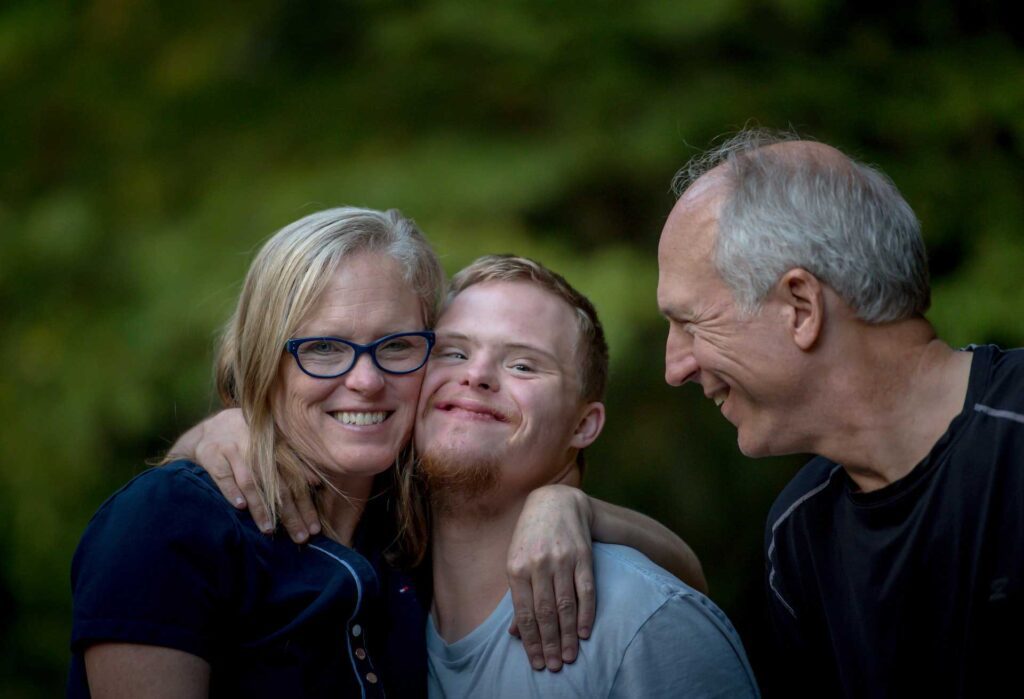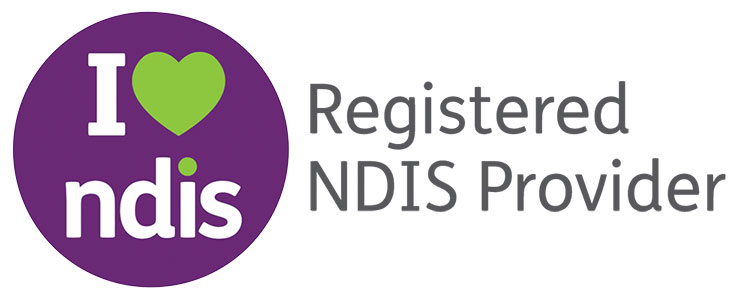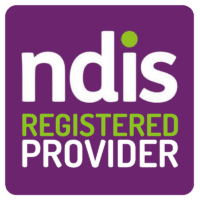Support Coordinators play a crucial role in disability services in Australia, particularly within the framework of the National Disability Insurance Scheme (NDIS). Their primary role is to assist NDIS participants in navigating and implementing their support plans effectively.
Support Coordinators
Support Coordinators
Helping Support Coordinators
Occupational Therapy is a crucial component of disability services, aiming to help individuals with disabilities enhance their independence, functionality, and overall quality of life. Our NDIS approved Occupational Therapists work closely with individuals to address the impact of their disabilities on their everyday activities, or occupations.

What is involved
It’s important to note that Support Coordinators are engaged by participants directly or through their nominated representative. The level of support coordination provided may vary based on the individual’s needs and goals, as determined through their NDIS planning process.
Support Coordinators can access resources, training opportunities, and support networks available specifically for their role within the disability sector.



Roles of Support Coordinators
Plan Implementation: Support Coordinators help participants understand and implement the supports and services outlined in their NDIS plan. They assist in connecting participants with suitable service providers, arranging assessments, and facilitating the delivery of supports according to the participant’s goals and needs.
Service Provider Connections: Support Coordinators assist participants in identifying and engaging with service providers that can deliver the necessary supports and services. They help participants navigate the service provider market, understand service agreements, and establish relationships with providers who can meet their specific needs.
Coordination of Supports: Support Coordinators coordinate the delivery of supports outlined in the participant’s plan. They work closely with participants, their families, and service providers to ensure a seamless and integrated approach to service delivery. This includes facilitating communication among stakeholders, monitoring service provision, and addressing any issues or concerns that may arise.
Capacity Building: Support Coordinators assist participants in developing their capacity to exercise choice and control over their supports. They empower participants to make informed decisions, understand their rights and responsibilities, and actively engage in the management of their NDIS plan. This can involve providing information, training, and guidance to enhance participants’ ability to navigate the NDIS system effectively.
Problem Solving and Advocacy: Support Coordinators act as advocates for participants, helping them resolve any challenges or issues that arise in their support journey. They support participants in resolving conflicts, negotiating changes to their plans, and addressing gaps or inadequacies in service provision. Support Coordinators also assist participants in accessing review processes and lodging complaints when necessary.
Monitoring and Reporting: Support Coordinators monitor the progress of supports and services being provided to participants. They document outcomes, achievements, challenges, and any required adjustments to the support plan. Support Coordinators also provide regular reports to the NDIS, ensuring that accurate and up-to-date information is available for ongoing planning and decision-making.
Building Community Connections: Support Coordinators help participants connect with community resources, social networks, and mainstream services. They assist participants in accessing community activities, educational programs, employment opportunities, and other community-based supports that promote social inclusion and participation.

